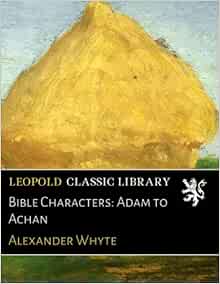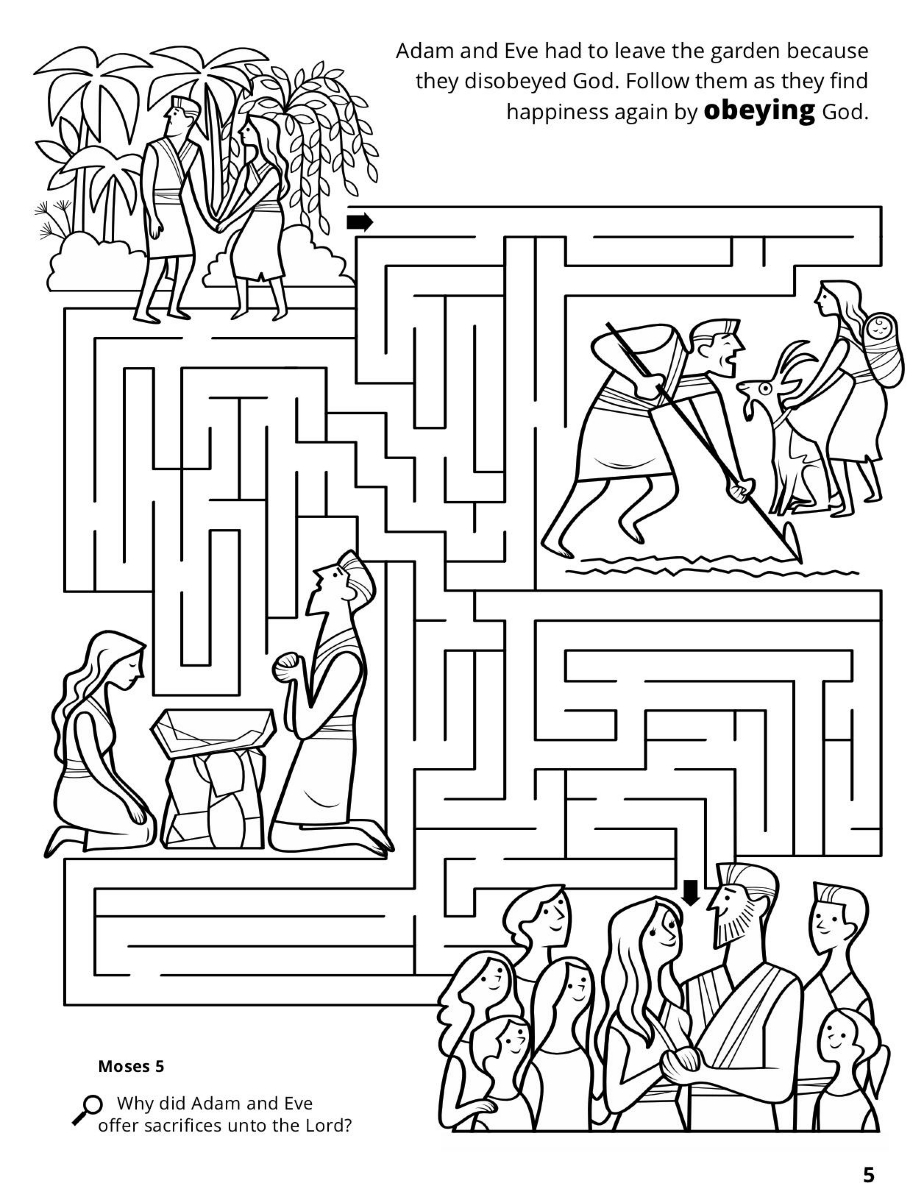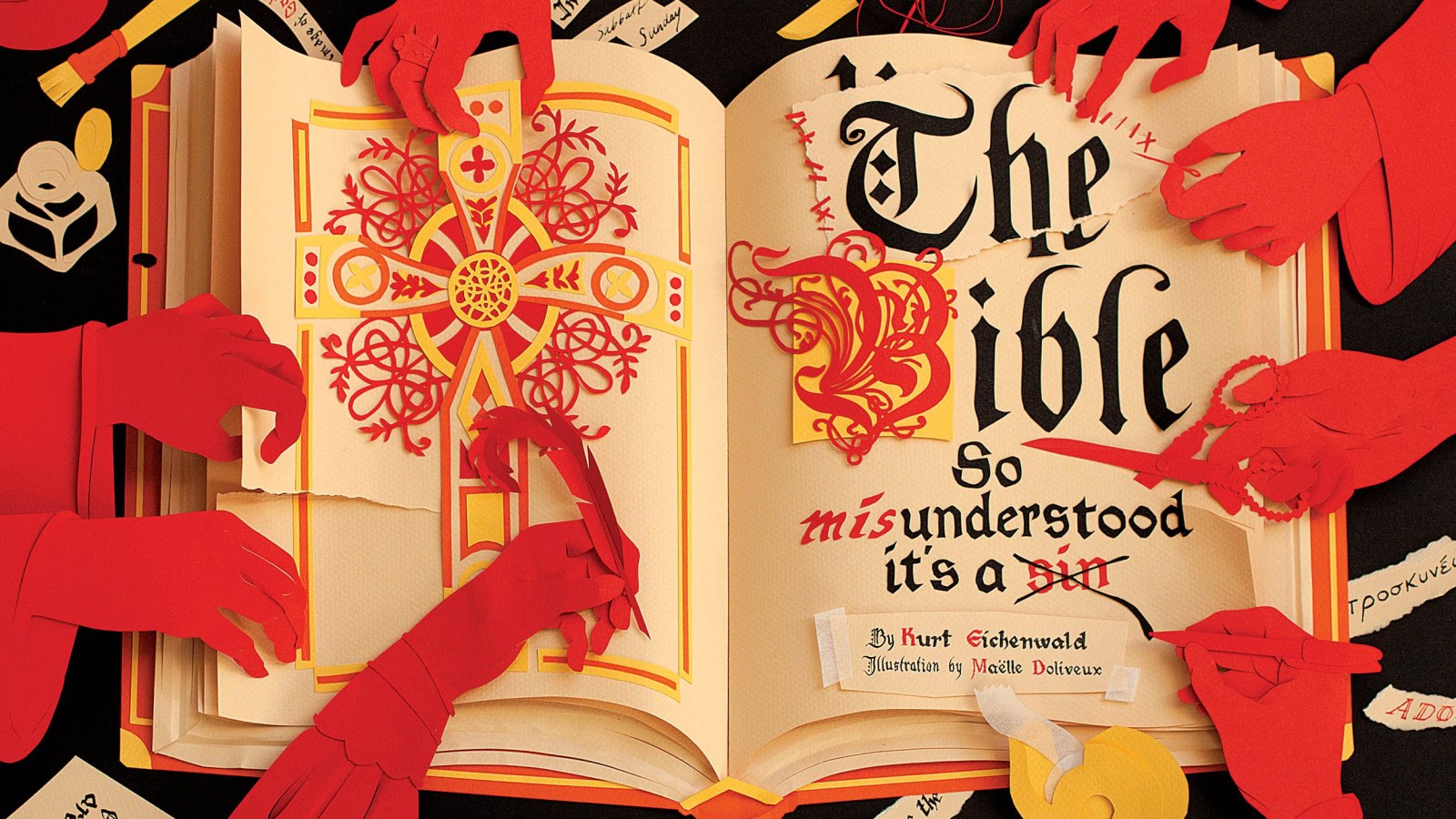- Books Of Adam And Eve Rejected Scriptures Written
- Books Of Adam And Everejected Scriptures Study
- Books Of Adam And Everejected Scriptures In The Bible
- Books Of Adam And Everejected Scriptures Verse
THE FIRST BOOK OF Adam and Eve ALSO CALLED The Conflict of Adam and Eve with Satan. PRESENT day controversy that rages around the authenticity of the Scriptures and how human life began on this planet must pause to consider the Adam and Eve story. The king says: 'There is a book called 'Kivera Negust' which contains the Law of the whole of ETHIOPIA, and the names of the SHS (i.e. Chiefs), and Churches, and Provinces are in this book. I pray you find out who has got this book, and send it to me, for in my country my people will not obey my orders without it.' First Book of Adam and Eve, by Rutherford Platt Edited by Ed R. Meelhuysen of BiblePlus.org This document, as a derivative work of a public domain document, is for the use of anyone anywhere at no cost and with almost no restrictions whatsoever. Original document in the Public Domain: Title: First Book of Adam and Eve Author: Rutherford Platt. The following is a response to Adam Hamilton’s recent blog post and forthcoming book on the issue of how to approach Scripture, by my colleague and friend Bill Arnold.
Sacred TextsBibleApocryphaIndexPreviousNextBuy this Book at Amazon.com
Books Of Adam And Eve Rejected Scriptures Written

The Forgotten Books of Eden, by Rutherford H. Platt, Jr., [1926], at sacred-texts.com
THE FIRST BOOK OF
ALSO CALLED
The Conflict of Adam and Eve with Satan.
PRESENT day controversy that rages around the authenticity of the Scriptures and how human life began on this planet must pause to consider the Adam and Eve story. Where does it come from? What does it mean?
The familiar version in Genesis is not the source of this fundamental legend, it is not a spontaneous, Heaven-born account that sprang into place in the Old Testament. It is simply a version, unexcelled perhaps, but a version of a myth or belief or account handed down by word of mouth from generation to generation of mankind-through the incoherent, unrecorded ages of man it came--like an inextinguishable ray of light that ties the time when human life began, with the time when the human mind could express itself and the human hand could write.
Books Of Adam And Everejected Scriptures Study
This is the most ancient story in the world--it has survived because it embodies the basic fact of human life. A fact that has not changed one iota; amid all the superficial changes of civilization's vivid array, this fact remains: the conflict of Good and Evil; the fight between Man and the Devil; the eternal struggle of human nature against sin,
That the Adam and Eve story pervaded the thoughts of ancient writers is seen in the large number of versions that exist, or whose existence may be traced, through the writings of Greeks, Syrians, Egyptians, Abyssinians, Hebrews, and other ancient peoples. As a lawyer might say who examines so much apparently unrelated evidence--there must be something back of it.

The version which we give here is the work of unknown Egyptians (the lack of historical allusion makes it impossible to date the writing). Parts of this version are found in the Talmud, the Koran, and elsewhere, showing what a vital rôle it played in the original literature of human wisdom. The Egyptian author first wrote in Arabic (which may be taken as the original manuscript) and that found its way farther south and was translated into Ethiopic. For the present English translation we are indebted to Dr. S. C. Malan, Vicar of Broadwindsor, who worked from the Ethiopic edition edited by Dr. E. Trumpp, Professor at the University of Munich. Dr. Trumpp had the advantage of the Arabic original, which makes our bridge over the gap of many centuries a direct one.
The reading of these books is an adventure. You will find the mind of man fed by the passions, hopes, fears of new and strange
earthly existence rioting, unrestrained, in the zest of self-expression. You roam in the realms of mythology where swiftly the aspects of nature assume manifold personalities, and the amorphous instinct of sin takes on the grotesqueries of a visible devil.
From such imaginative surroundings you find yourself suddenly staring at commonplace unvarnished events of family life--and such a family as 'the first earthly family' was! They had all the troubles, all the petty disagreements, and the taking sides with one another, and the bother moving, and 'staying with the baby,' that in the total mark family life to-day. You will see it when you peep beneath the overlaying glamour of tradition.
One critic has said of this writing:
'This is we believe, the greatest literary discovery that the world has known. Its effect upon contemporary thought in molding the judgment of the future generations is of incalculable value.
'The treasures of Tut-ank-Amen's Tomb were no more precious to the Egyptologist than are these literary treasures to the world of scholarship.'
But we prefer to let the reader make his own exploration and form his own opinion. The writing is arresting enough to inspire very original thoughts concerning it,
In general, this account begins where the Genesis story of Adam and Eve leaves off. Thus the two can not well be compared; here we have a new chapter--a sort of sequel to the other. Here is the story of the twin sisters of Cain and Abel, and it is notable that here the blame for the first murder is placed squarely at the door of a difference over Woman.
The plan of these books is as follows:--
Book I. The careers of Adam and Eve, from the day they left Eden; their dwelling in the Cave of Treasures; their trials and temptations; Satan's manifold apparitions to them. The birth of Cain, of Abel, and of their twin sisters; Cain's love for his own twin sister, Luluwa, whom Adam and Eve wished to join to Abel; the details of Cain's murder of his brother; and Adam's sorrow and death.
Book IL The history of the patriarchs who lived before the Flood; the dwelling of the children of Seth on the Holy Mountain--Mount Hermon--until they were lured by Henun and by the daughters of Cain, to come' down from the mountain. Cain's death, when slain by Lamech the blind; and the lives of other patriarchs until the birth of Noah.
Question
Gramps,
Hi. I’ve always been intrigued by the reference in Moses 6:5 about Adam keeping a book of remembrance. My understanding is that it was a book designed to help them remember God’s dealings with them, a spiritual record of sorts. I was wondering if you could shed a little more light on just what a book of remembrance is, other scriptural references to similar records and what a private, modern day book of remembrance would look like, if one had an inclination to create one. Thank you.
Andrew
Books Of Adam And Everejected Scriptures In The Bible
Answer
Dear Andrew,
Very little is shared in the scriptures concerning that first book of remembrance. It does, however, exist in a larger context of divinely mandated records and we can learn quite a bit about the Lord’s views on record keeping through this and similar examples.

“[A] book of remembrance was kept, in the which was recorded, in the language of Adam, for it was given unto as many as called upon God to write by the spirit of inspiration” (Moses 6:5).
This book was authored by inspired writers. This is a pattern we see in the Book of Mormon. The small plates of Nephi were to be “handed down from one generation to another, or from one prophet to another, until further commandments of the Lord” (1 Nephi 19:4). It is also the pattern we see in the Doctrine and Covenants. The person who keeps “the history … of Zion” is designated “the Lord’s clerk, whom he [the Lord] has appointed” (D&C 85:1). This original book was kept by the early fathers, but we don’t have a direct statement that Adam wrote in it himself. We are first introduced to the book while discussing Seth and Enos after briefly mentioning Adam (Moses 6:1-4), and Enoch mentions that through it “we know them [‘our fathers’] … and even the first of all we know, even Adam. For a book of remembrance we have written among us, according to the pattern given by the finger of God” (Moses 6:45-46). Through this book Enoch taught the lessons of Adam and the early fathers (which is interesting, because Enoch and Adam were contemporaries for a number of centuries).
Our curiosity searches to find the contents of this book. Enoch suggests that it contained a record of the creation and the first generations (Moses 6:44-46). The earlier account of the record gives us the contents of the “book of the generations of Adam” which contained “a genealogy … of the children of God” (Moses 6:8). So this is either another name of the same book, or a subset of the book of remembrance. Abraham has such a book, or more properly, library, for he finds in “the records” (note the plural) “the chronology running back from myself to the beginning of the creation” (Abraham 1:28). It also contains his line of authority, or “the right of the Priesthood”. It had since been added upon, or Enoch didn’t see fit to mention the “knowledge … of the planets, and of the stars, as they were made known unto the fathers” (Abraham 1:31).
Books Of Adam And Everejected Scriptures Verse
Additionally, the strange wording “a book of remembrance was kept, in the which was recorded” does not actually state what was recorded, so we assume the preceding verses contain the recorded content. These verses share an account of ordinances, obedience, and righteousness (Moses 6:3-4). Similarly, The Church of Jesus Christ in our day has been commanded to keep a record of the works of the saints. This record has been given the same name, among others (D&C 85:9), and is in keeping with the Old Testament practice (Malachi 3:16).
What could you put in your own personal book of remembrance? You can follow the example of the original which followed the pattern given by God. You can include ordinances you’ve participated in, and spiritually significant moments in your life (including your own conversion story). You can include an account of your parent or grandparents that you think may be beneficial to your own posterity (Abraham as well as the Book of Mormon authors like to mention their descendants as the target audience). You may want to include official records, such as your priesthood line of authority and patriarchal blessing. Add to that your genealogy and some of the revelations you have received. You can even quote scripture that you’ve found particularly meaningful (the Nephites especially loved doing this) and include why it strikes you so. The overriding theme here is not the particular content, but “to write by the spirit of inspiration”.